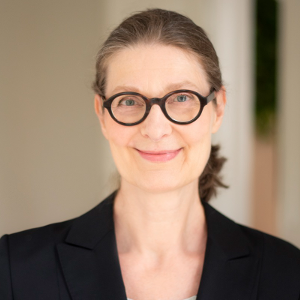Best Lawyers Near You in Munich, Germany for Franchise Law
Practice Area Overview
Franchise contracts are complex bilateral agreements. They regularly comprise elements of know-how, trademark and other IP licensing, provisions on marketing and product distribution as well as multiple other aspects. Since franchise agreements are usually standardized contracts unilaterally prepared by the franchisor, special attention must be paid to the question whether the provisions contained in such agreements are admissible and valid under the statutory German regulations on general terms and conditions. In order to secure validity of the franchise contract and to avoid the imposition of fines by German authorities, franchise agreements also have to be in line with a number of relevant German and EU provisions on antitrust law, employment law, consumer protection and data protection and frequently also with industry-sector specific regulations.
Based on German case-law, disputes may arise whether a franchisee is entitled to payment of a statutory monetary compensation upon termination of the franchise agreement.
Attorneys in the area of franchise law have to be familiar with different types of franchising systems. Frequently they have acquired specific industry knowledge relevant for the distribution of the respective products. The franchisor regularly needs strategic advice on the franchising structure, legal and practical advice with regard to the appropriate protection of his business concept and his IP, assistance with the drafting of franchising contracts, the negotiations with franchisees, the resolution of disputes arising during franchise relations and upon their termination. Franchisees typically require advice concerning the risks incurred in building up a self-contained business on the basis of a third party’s IP, assistance with the review of the franchise contract and also with all problems arising during the franchise relation and thereafter.
Select a location from the list below to find the best legal talent for your needs.
Lawyers who have a subscription to profiles appear first.
Would you like to claim your lawyer profile?
Contact UsOur Methodology
Recognition by Best Lawyers is based entirely on peer review. Our methodology is designed to capture, as accurately as possible, the consensus opinion of leading lawyers about the professional abilities of their colleagues within the same geographical area and legal practice area.
The Process
Best Lawyers employs a sophisticated, conscientious, rational, and transparent survey process designed to elicit meaningful and substantive evaluations of the quality of legal services. Our belief has always been that the quality of a peer review survey is directly related to the quality of the voters.


